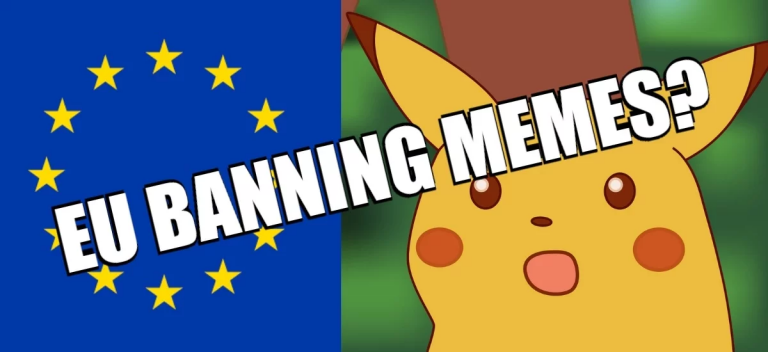
You might have been hearing about something called Article 13 now and then and how it will ban memes and stuff that are let us pass the day. Well, you might be curious as to what it is and how can something ban memes? How could this make the EU somewhat like China with less internet independence?
Below we explain to you what Article 13 is all about:
1. This Article was proposed in the EU Parliament 2 Years ago.
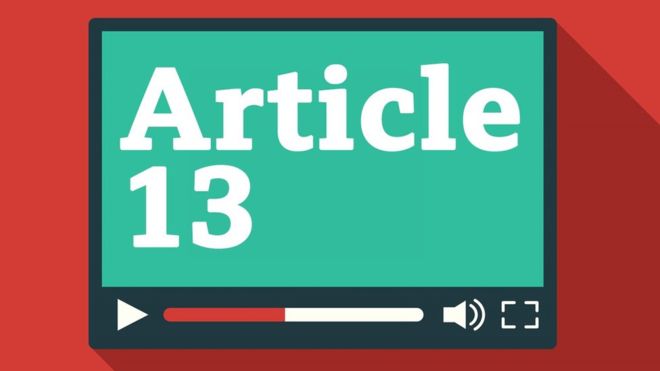
This is not a new article, it’s rather an amendment on the existing terms and conditions of the law. This is a copyright-related law which deals with original trademarks and copyrights of content and how it can be used by individuals or companies.
2. What Is Article 13?
Article 13 aims to regulate all the content that is shared online and don’t let any copyright infringement. The online space has grown so much that copyright infringement is a major concern for companies and there aren’t enough laws in place to deal with that. Article 13 helps everyone with it coming to effect.
3. What is this article expected to achieve?

It is expected to maintain a fair balance of content that is shared online. Most of which is copied many places without the acknowledgment of the creator or owner of the content. Article 13 is expected to conserve this online content and copyright it so the owner doesn’t have to suffer. This is also very crucial for companies whose content is shared online without them knowing.
4. Who Benefits from it?
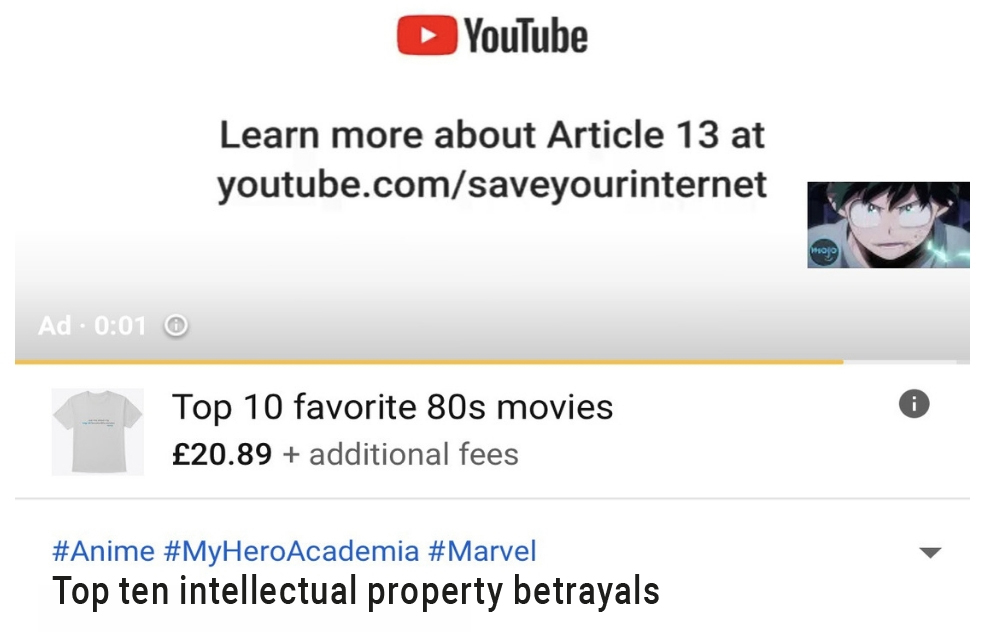
Well, who do you expect? The big companies of course. Sony, Disney, Music Labels etc. Basically, all the companies that make content and share it across various social platforms. They were also the prior supporters of the article and backed it from the start to save their business in the region.
5. How Will This Come into Effect?
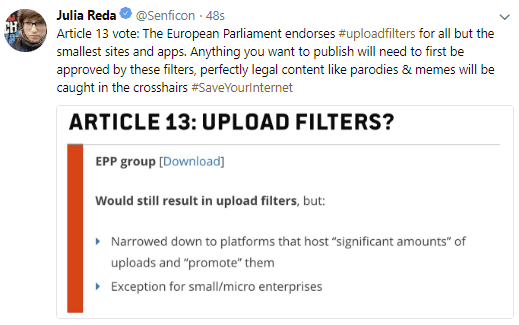
So, how can you copyright something that is shared online before someone reports it’s stolen (which never happens in most cases). The article suggests that companies come up with a technology that filters out content before it is shared on the internet. Assume it like your content was checked by an online robot for any or so copyright infringements. So, basically, you can’t upload anything even if there’s a second of copyrighted content in your desired upload.
6. Who Has To Suffer From This article?
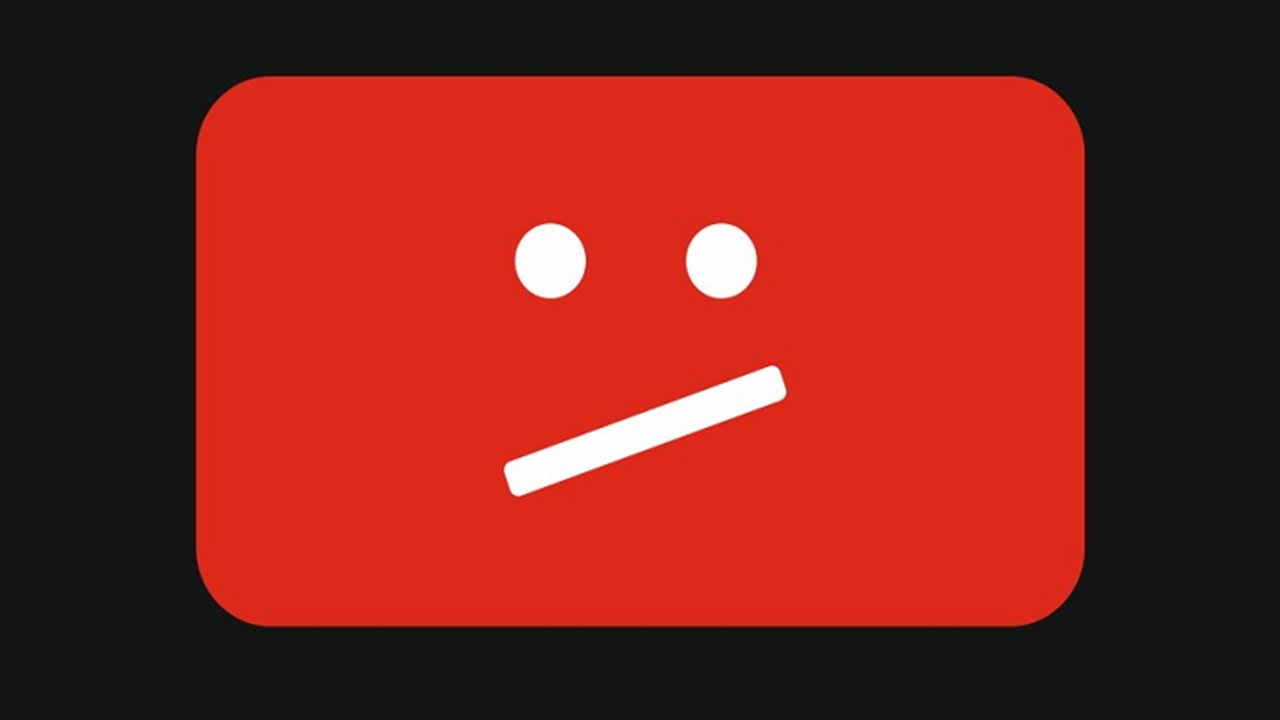
YOU! As a content creator, consumer and a person on the internet. And secondly the companies and platforms you have been relying on things you consume that might have copyright you and the platform is unaware of till yet. The companies most affected will be the social media like Facebook, Twitter, Reddit, and Youtube etc. that relies on its user base to share content.
7. How Will These Companies Deal with the Article?
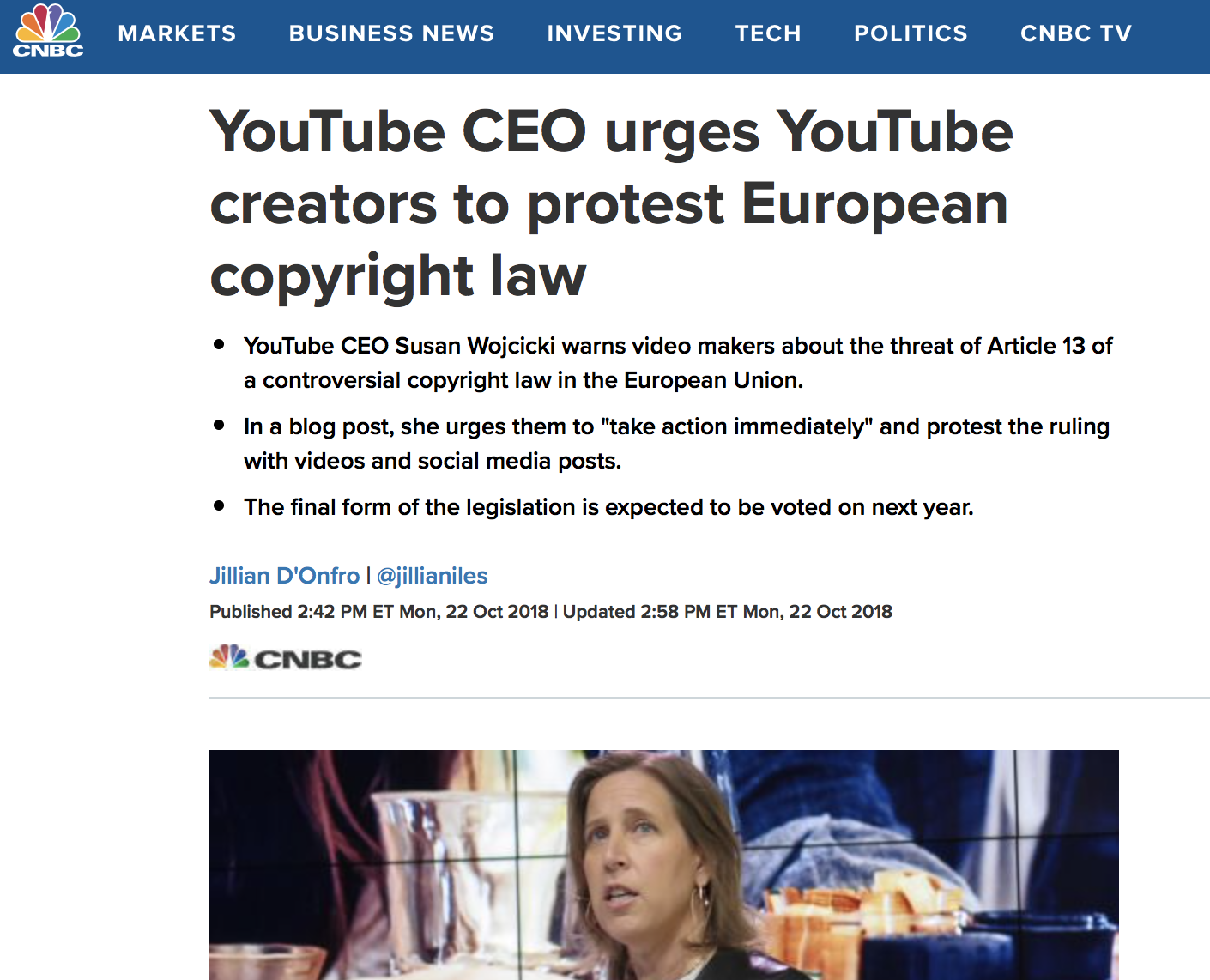
The most of what your favorite platforms can do is place the filters like the article wants them to. They can’t do anything against it or they will get banned from the EU.
YouTube is a company preferred website for sharing content already has these filters in place. Facebook, Twitter etc will have to apply them and develop something that complies with everything Article 13 asks them to. This will be like internet censorship.
8. So, that means, Memes are Banned in the EU?
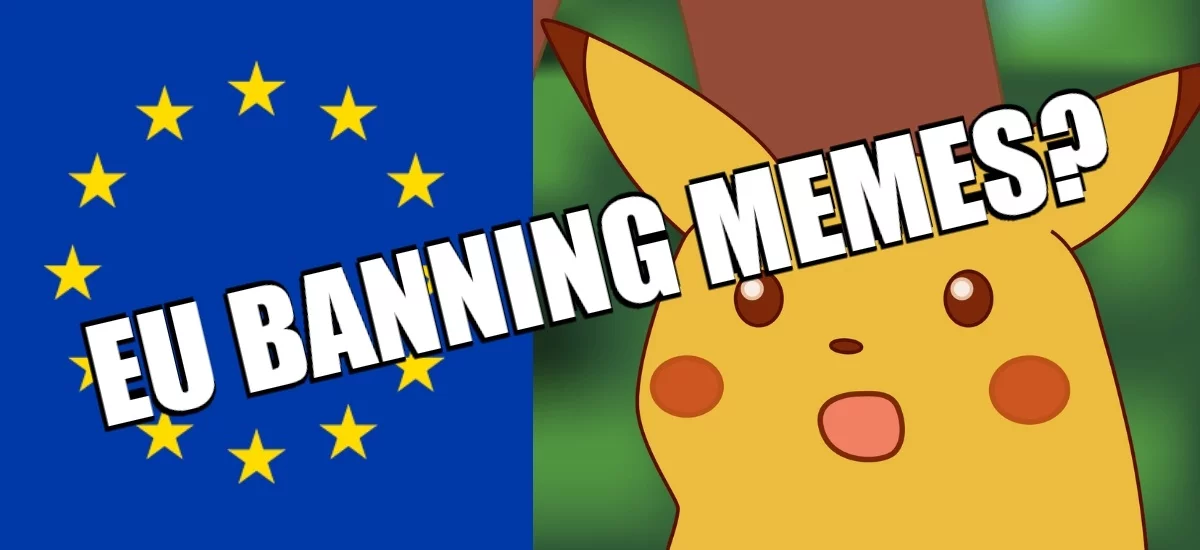
It’s one way of putting it and there’s no doubt it can. The law doesn’t necessarily ban memes but it can definitely help the idea. How are memes shared and circulated? Somewhere someone made something funny and shared it, then people reshare it on multiple platforms and it becomes a meme tren. What if “the someone” copyrighted his content so that no one could share it without his permission.
So, not directly but indirectly it threatens to ban most of the memes circulated.
9. What else do you miss out on?
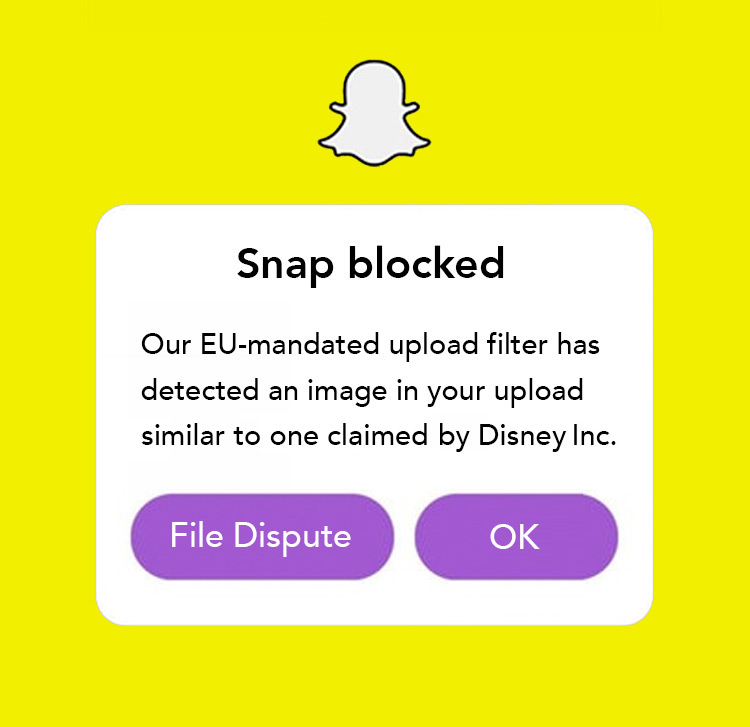
Pretty much everything you used to watch or share. Say you’re a good singer and recompose popular songs and used to share it, you wouldn’t be able to do so without asking for copyright permissions from the company that owns the music. Or if you liked a Tom meme and wanted to share it but someone copyrighted the meme template or the company that owns Tom character you just would be restricted from doing so.
10. Is it Good, Is it Bad?
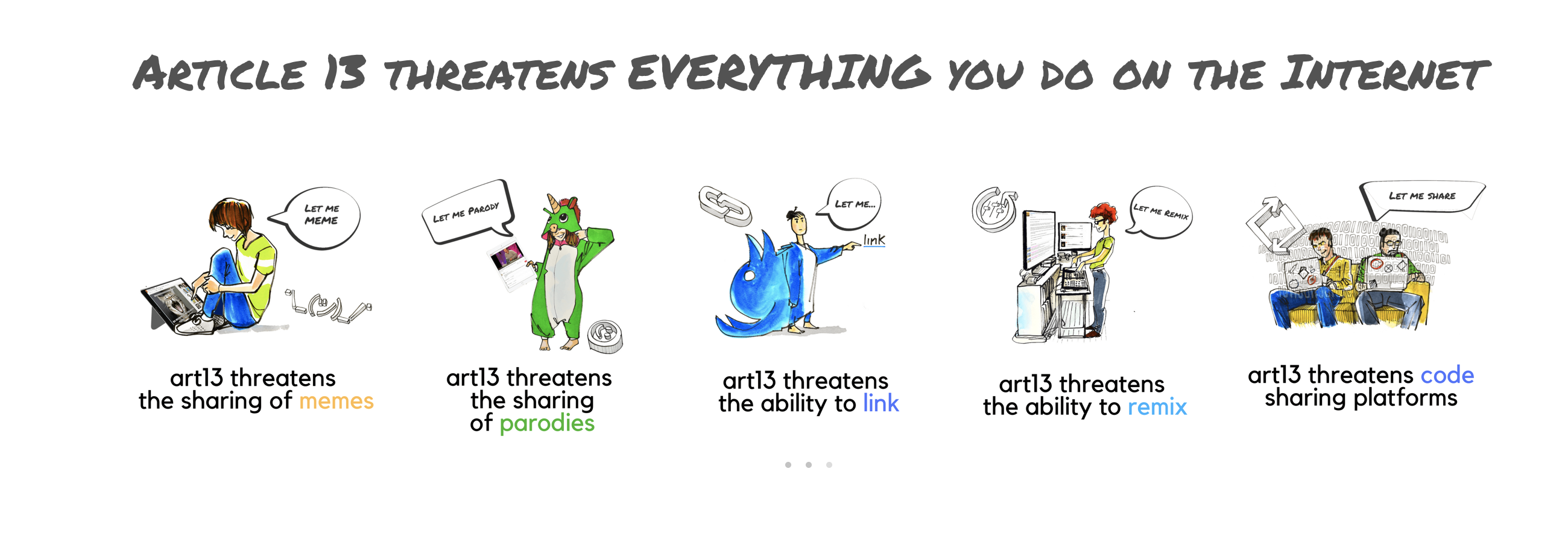
If you are a production company and wanted to curb how your content was shared across the internet, this is all you could have wished for.
As an individual content consumer, this is exactly what you don’t want as it’ll disrupt all the things that are shared across the web. Even if your cat makes a noise and you upload it and it has some similarity to a song that is copyrighted, you can’t share your cat meowing.
It basically depends on the people of EU as to how they adapt to this and if they protest it or accept it but as an outsider, all we can see is the internet being controlled by the government and having a not so good impact on the citizens.
